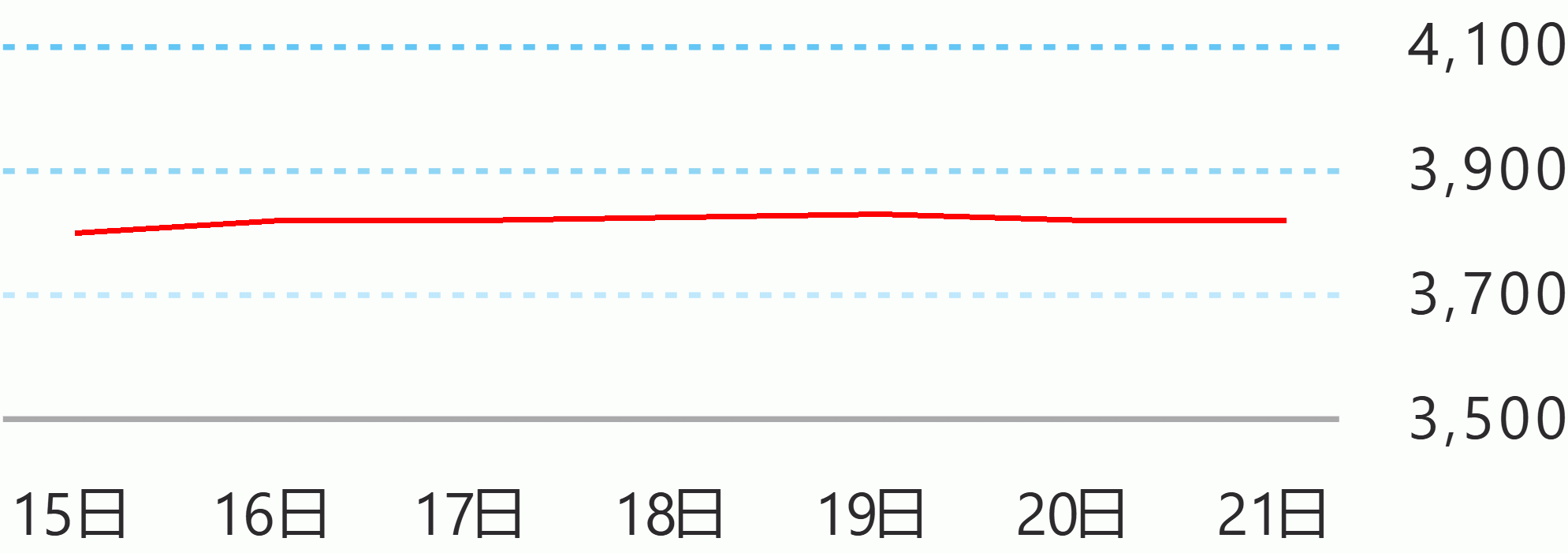The Philippines and China could enter into a joint exploration agreement in the disputed South China Sea similar to deals made by other countries, Malacanang said on Monday.
Presidential Spokesperson Harry Roque insisted the government would not violate the Constitution and other domestic laws.
"All this joint exploration agreements means that if ever we enter to a joint exploration and development agreement, it wouldn’t be the first in the world as in fact CNOOC (China National Offshore Oil Corp.) has existing joint exploration agreements even with Vietnam and in fact we could look to the Vietnamese, Chinese treaty on joint exploration and development as a model for possible relationship between the Philippines and China," Roqee said in a press briefing.
Roque was referring to the 2013 joint exploration by state-owned Vietnam Oil & Gas Group (PetroVietnam) and CNOOC in Beibu Gulf or Gulf of Tonkin off the coast of northern Vietnam and southern China.
He also cited ajoint oil exploration of Blocks in South China Sea by the Oil and Natural Gas Corporation (ONGC) India and PetroVietnam, among others.
Roque said in the case of La Bugal-B'laan Tribal Association and then environment secretary Victor Ramos, which the Supreme Court decided in 2004 allowed joint exploration contrary to the claim of Acting Chief Justice Antonio Carpio.
The magistrate, who dissented in the La Bugal case, said the 2004 ruling refers to the extraction of minerals on land territory and not in the exclusive economic zone (EEZ).
"The decision is correct, it’s about mining in land territory. But you see even if it is mining in land territory, the decision said, you could allow foreigners to engage in exploration and exploitation of mineral resources even in areas subject to complete sovereignty. And that is the decision of the Court. How much more in an area where there is only sovereign rights?," Roque explained.
The EEZ covers 200 nautical miles from the coastal state's baselines. A state has the right to exploit the living and non-living resources within the EEZ and continental shelf.
"If you will allow foreign companies to conduct mining in national territory, including land territory, more so, will there be a legal basis if the state allows it , because this is an aspect of sovereignty. It is for the State to determine if it wants to share what should otherwise be exclusive," Roque said.
He said if the Philippines would allow Chinese companies to explore within the EEZ, there should be a bilateral treaty between the two states first.
"When you agree on joint development, you enter to a treaty, which under international law is defined as a written contract between two states governed by international law. So they contract as sovereign equals. They observed the principle of equality under international law," he said.
"Once that treaty is signed, then the service contracts are awarded in favor of corporations of the contracting states," Roque added.
Roque earlier revealed two service contracts are being negotiated between Philippines' and Chinese companies. These are Service Contract 72 located at the Reed Bank in South China Sea and SC 57 found in Calamian off northwest of Palawan.
In the case of SC 57, Roque said an agreement should be in conformity with Philippine laws, but as to SC72, it should be governed by the international law.
"As to 72, the agreement on joint exploration will be governed by international law, because there has to be a treaty to be signed between the Philippines and China first on the joint exploration before it can be implemented by juridical entities of the contracting states," he said, adding, "that's on the assumption that 72 is contested territory."
"Of course, our position is it’s (SC72) part of our exclusive economic zone; China claims the same way. And that is why if we enter into an agreement, we’ll have to spell out the respective rights and obligations of the parties by way of a compromise," he said.
The Department of Energy has awarded to state-run Philippine National Oil Company-Exploration Corporation SC 57. But exploration has been suspended due to "force majeure."
On the other hand, exploration in SC 72, which was awarded to Manuel V. Pangilinan's Forum Energy Plc, has been suspended since the tense dispute between the Philippines and China during the Aquino administration.
Forum Energy was supposed to partner with CNOOC. Celerina Monte/DMS





 English
English










